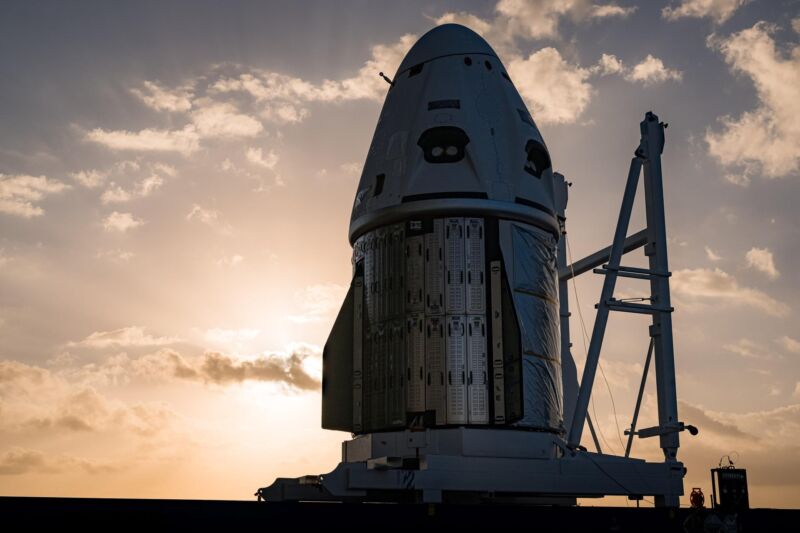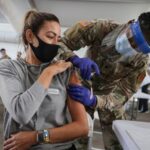Enlarge / But for a fateful meeting in the summer of 2014, Crew Dragon probably never would have happened. (credit: SpaceX)
This is an excerpt from Chapter 11 of the book REENTRY: SpaceX, Elon Musk and the Reusable Rockets that Launched a Second Space Age by our own Eric Berger. The book will be published on September 24, 2024. This excerpt describes a fateful meeting 10 years ago at NASA Headquarters in Washington, DC, where the space agency’s leaders met to decide which companies should be awarded billions of dollars to launch astronauts into orbit.
In the early 2010s, NASA’s Commercial Crew competition boiled down to three players: Boeing, SpaceX, and a Colorado-based company building a spaceplane, Sierra Nevada Corporation. Each had its own advantages. Boeing was the blueblood, with decades of spaceflight experience. SpaceX had already built a capsule, Dragon. And some NASA insiders nostalgically loved Sierra Nevada’s Dream Chaser space plane, which mimicked the shuttle’s winged design.
This competition neared a climax in 2014 as NASA prepared to winnow the field to one company, or at most two, to move from the design phase into actual development. In May of that year Musk revealed his Crew Dragon spacecraft to the world with a characteristically showy event at the company’s headquarters in Hawthorne. As lights flashed and a smoke machine vented, Musk quite literally raised a curtain on a black-and-white capsule. He was most proud to reveal how Dragon would land. Never before had a spacecraft come back from orbit under anything but parachutes or gliding on wings. Not so with the new Dragon. It had powerful thrusters, called SuperDracos, that would allow it to land under its own power.
Read 24 remaining paragraphs | Comments




